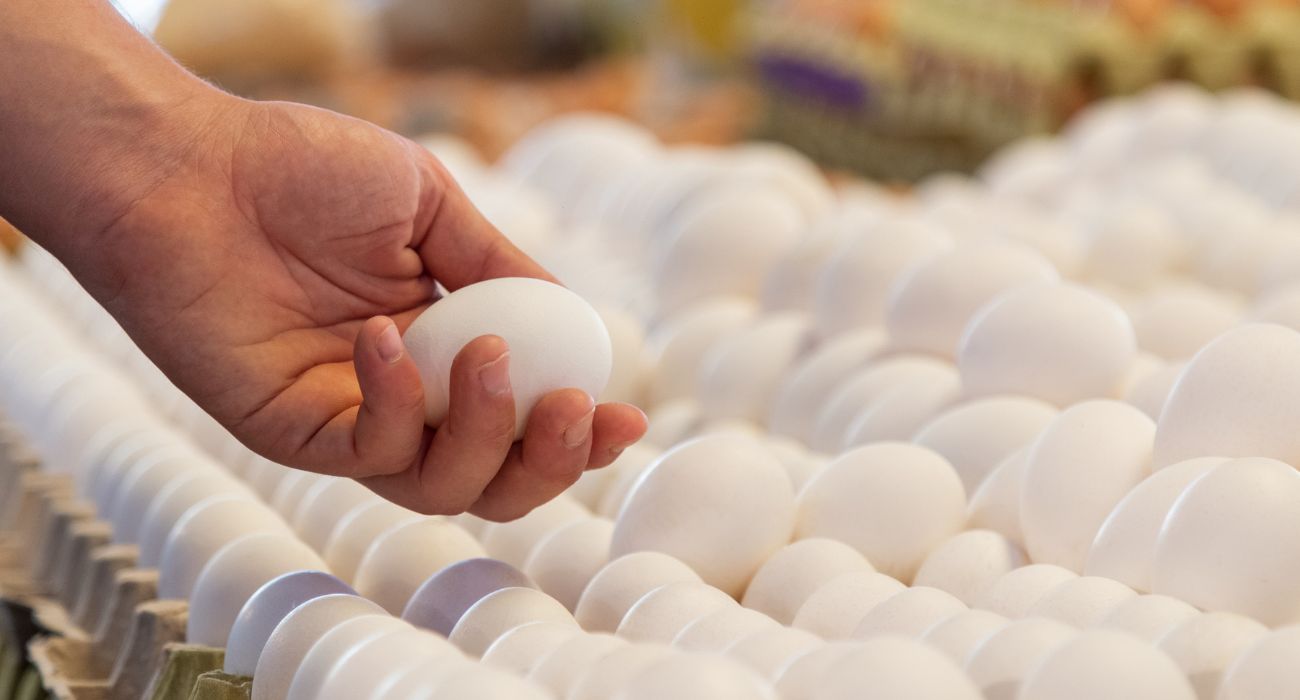U.S. food-processing manufacturers have won a price-fixing lawsuit against America’s largest egg producers and industry groups.
A federal jury in the case Kraft Foods Global Inc. v. United Egg Producers Inc. found America’s largest egg producers and trade groups liable for a price-fixing scheme that illegally influenced the domestic market price of eggs around Thanksgiving and Easter between 2004 and 2008.
The lawsuit, initiated in 2011 by Kellogg, Kraft, General Mills, and Nestle, alleged that egg producers Cal-Maine Foods Inc. and Rose Acre Farms Inc. and trade groups United Egg Producers and United States Egg Marketers “violated federal antitrust law by conspiring to restrict the supply of domestically produced eggs.”
“We are incredibly pleased by the jury’s decision,” said Brandon Fox, a partner at Jenner & Block LLP, the firm representing the four food companies, per Bloomberg Law. “The defendants have been held liable for their antitrust violations for the first time. We are now going to turn our attention to the damages phase.”
Some of the coordinated measures taken to unlawfully drive prices higher included “early hen slaughters, exports, cage space increases, and bans on cage backfilling, which involved replacing ill or dead laying hens with new ones.”
“The price-fixing scheme involved various initiatives that restricted hen, and thus egg, supply, and United Egg Producers wanted all members and the entire egg industry to participate,” the food companies asserted.
“The trade group encouraged egg producers to prematurely slaughter still-productive hens and promoted ‘early molting,’ where producers caused hens to lose their feathers and temporarily stop laying eggs by removing feed and water and keeping them in dark areas,” they claimed, More Perfect Union reported.
King & Spalding LLP partners Patrick Collins and Patrick Otlewski, the defense lawyers for Cal-Maine Foods, appeared stunned by the verdict and did not immediately offer comment following the ruling, according to Bloomberg Law.
Because the four companies likely overpaid for eggs due to the producers and trade groups conspiring to restrict supply, the latter must pay damages to the former. The same jury is scheduled to award damages in a trial beginning November 29.






